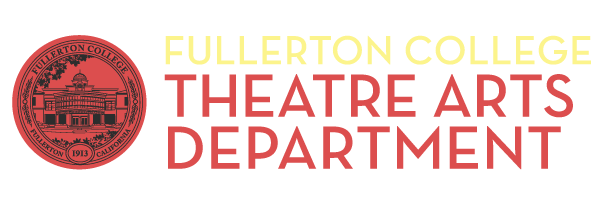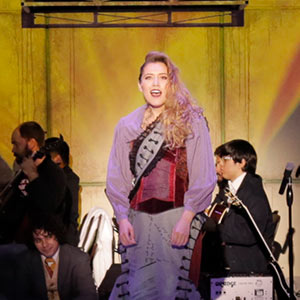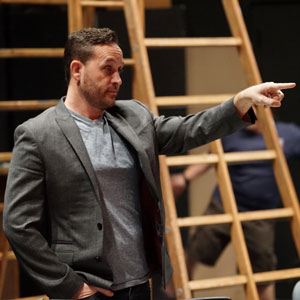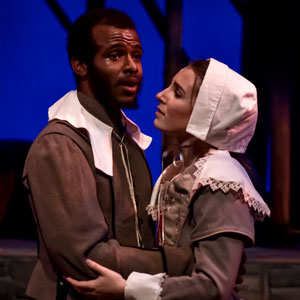Part 2: Portrait of a director
— Fullerton College Hornet - Barrett Marson - Tuesday, March 3rd, 1992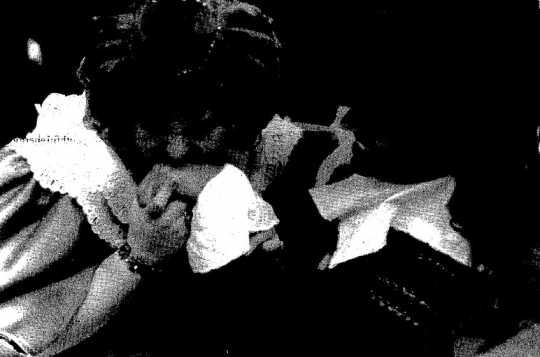
In life, we must sometimes take ideas that belong to somebody else, condense them and make them our awn, or at least give them our personal touches.
In theater, we call this person the director.
For the play Three Musketeers, Fullerton College Director, Gary Krinke, has been given the honor of asking a very famous Alexandre ) Dumas novel and condensing the 545 pages into a two-hour show that will not only will be proud of, but that the audience will enjoy.
"I don't think we have ever done anything here this physically exhausting on so many people; the number of -word fights through to the 97 costumes," said Krinke. "It is all at this point overwhelming. My job now is to make all those pieces come together in some cohesive whole."
Krinke has a definite direction that he would like to see the play follow.
'The feeling will be like you're watching a film, I'm trying to get the feeling like it's one episode that segues directly into'-the next-that i has a constant flow to it.
Combat Choreographer Richard Pallaziol is excited to see Krinke with such a vision.
"Gary has a nice sense of seeing the total production and getting a feel for it," said Pallaziol. "It is really crucial in a play where there are a lot of fight scenes"
"With a good director, there's that flow. The action doesn't stop," Pallaziol continued. "That's the same thing that should happen in every fight scene. The story line never drops, it always continues."
Stage manager Kimberly Guodace agrees. "He has this picture," she said. He is very vision-oriented.
Krinke is a veteran director at FC. His list of credits include, among various school projects, Peter Pan and Amadeus
The sciope of this particular play is not lost on the director.
"It's a mammoth project, it's huge," he commented "We wanted something big that would involved a lot of students and that would have a general appeal to a lot of audience members."
Krinke enjoys the challenge that Dumas has presented.
"You shape it for who is before you," he commented.
"The author gives you a piece of literature, and you have to bring it to life," said Krinke. "We have done a lot of research on King Louis XIII to find out what kind of person he was."



